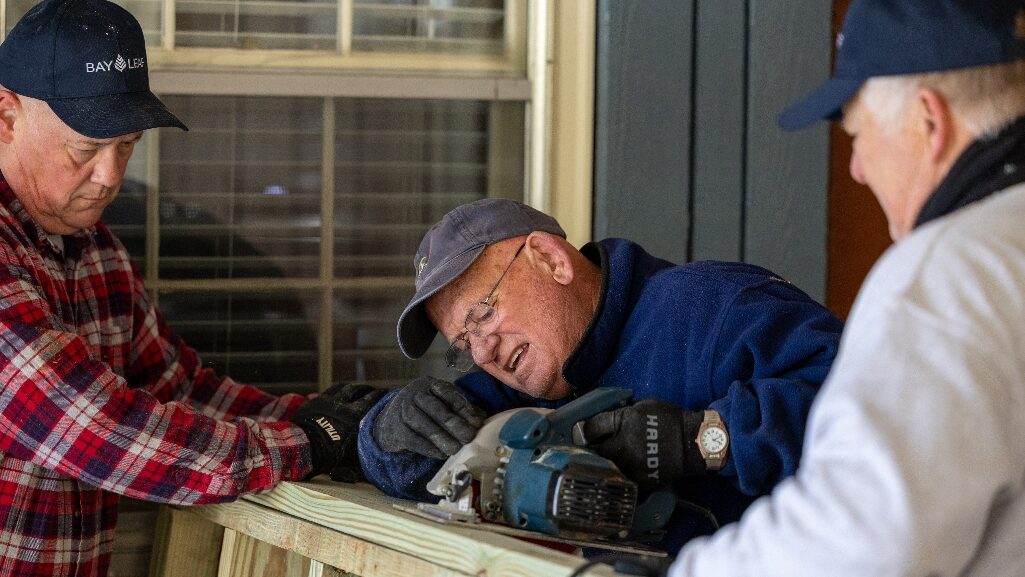Parents and other adults helping children process the recent mass shooting at Robb Elementary School in Uvalde, Texas, have quite a challenge. It is important for adults to give age-appropriate messages when children ask questions about current events.
James Flournoy, a licensed clinical psychologist serving as Alabama Psychiatry’s consulting psychologist for Brookwood Baptist Health in Birmingham, shared tips and warning signs for helping children talk about their concerns during a recent conversation with TAB Media.
Different approaches
With young children he recommended keeping things short and simple, while with teens he suggested taking an open-ended approach to provide lines of communication since they may not come to parents directly.
“It’s OK to say, ‘I don’t know. This is a very complicated social issue. You have very strong beliefs on either side, and I can’t honestly tell you what to do. I can tell you how I might feel about it. I want to hear how you feel about it. If there are some ideas that you think you have about how we could deal with things like this in the future, what are your thoughts on that?’”
Whether dealing with someone younger or a teen, be honest, Flourney encouraged parents. Listen and try not to be judgmental when a child expresses their thoughts.
“Just listen, be compassionate and try to give them, again, an age-appropriate message.”
It is important not to push too hard if the child does not want to talk, but leave the door open, Flourney noted.
“If they’re still resistant to talking, then I think at that point you just monitor their behavior over the next several days and weeks and see if you see any changes that signal to you that they may be having a hard time coping and dealing with things.”
Warning signs
Flournoy said warning signs include trouble sleeping and concentrating, increased fear and anxiety, not wanting to go to school, physical symptoms like headaches and stomachaches or a decrease in academic performance.
When is it time to get help?
“If your teenager starts expressing feelings of hopelessness and despair,” Flournoy said.
“We live in the age of social media. Parents may monitor their children’s social media accounts. If you see them start leaving a lot of emojis that are sad faces and they start ‘liking’ someone on Twitter who has different views than they normally do, that could say, ‘Hey, something is going on, and we may need to have a conversation and maybe we need to seek professional help.’”
Another danger sign is if they start doing more risky things, Flournoy noted. If a child or adult friend starts driving more recklessly and gets a couple of speeding tickets when they normally have a spotless driving record, something’s going on there, he asserted.
If a child is normally docile and happy-go-lucky, and they suddenly start hitting a younger sibling or doing aggressive things not within their character, that’s also a warning sign that they may be having trouble processing and dealing with an issue.
Flournoy noted it is important for adults to “check their feelings” because children can pick up on their anxiety.
Seek a professional
Children and teens may not feel comfortable talking to family, so think about who else influences them (friends or pastors, for example) who can provide insight. If that doesn’t work, seek a mental health professional.
Establishing a predictable routine is another way to help children regain composure, confidence and calmness, he said.
Flournoy recommended the Seize the Awkward website and the National Suicide Prevention Lifeline (800-273-8255).
Pathways professional counseling offers Christ-centered services across Alabama. It is a nonprofit sister ministry of Alabama Baptist Children’s Homes and Family Ministries.
For more help on responding to trauma find a list of resources from The Baptist Paper.
Watch the full conversation between Flournoy and Rash on the TAB Media Group YouTube channel.







